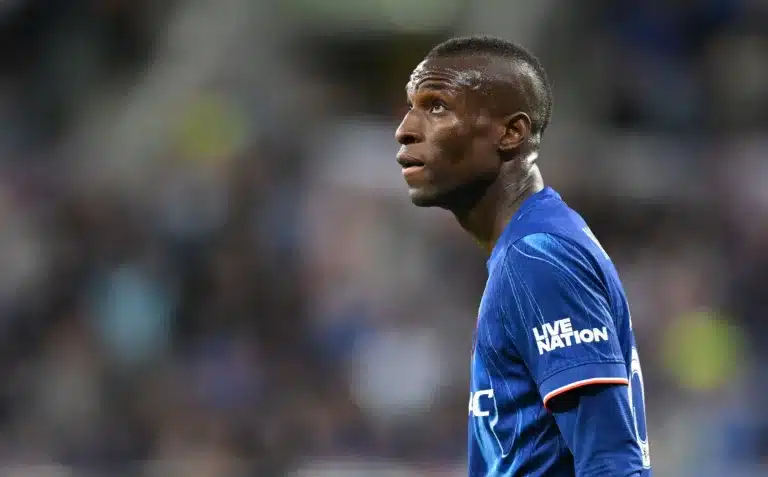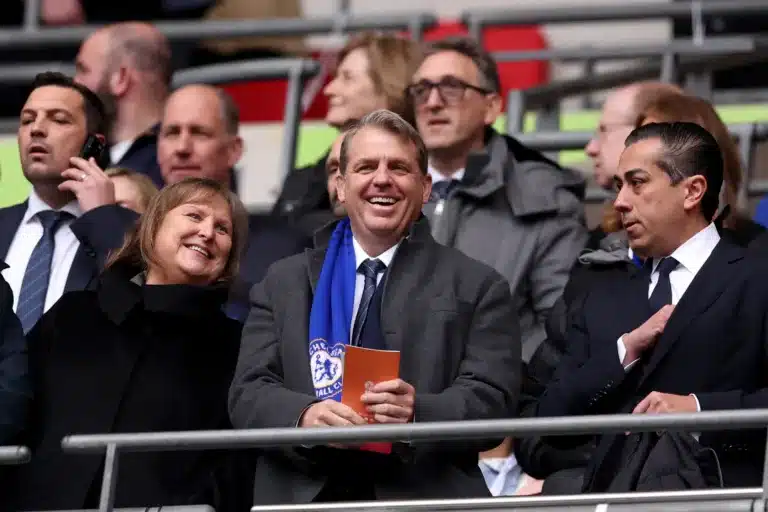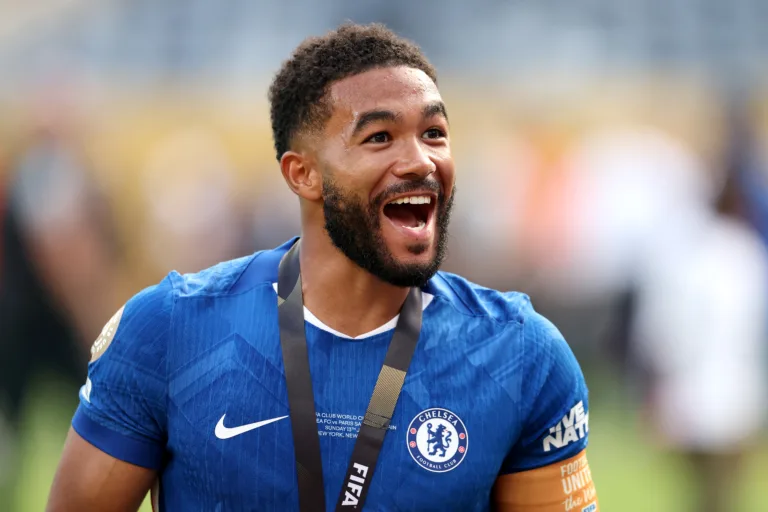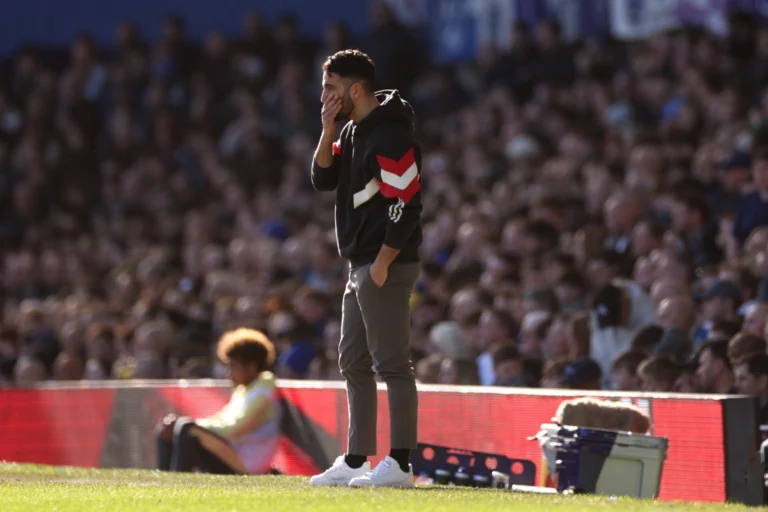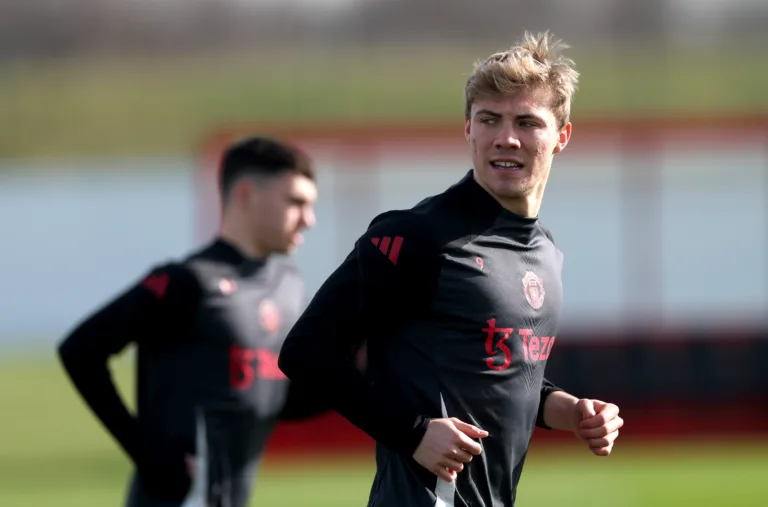John Terry Slams Modern Football: “I Don’t Enjoy Watching It Anymore”
By the time John Terry walked away from professional football, he had lived it in full. Captain, leader, legend, and the beating heart of Chelsea’s most successful era. A centre-back who played like a man possessed. Terry threw his body in front of shots as though every block could win a trophy. He led his teammates and defended the Stamford Bridge turf with an almost tribal loyalty.
So when he recently said that he doesn’t enjoy watching football anymore, his words struck deeper than expected. This was neither nostalgia nor bitterness. It was something heavier—a subtle grief for a game that has changed so much, it has become almost unfamiliar to one of its fiercest disciples.
“I don’t sit there and enjoy watching football anymore.“
John Terry recently told talkSPORT
Football, But Not As He Knew It
John Terry grew up on a diet of chaos and courage— The relentless preparation, the vocal marshalling of a back line that treated clean sheets like trophies. Terry took it personally. To him, the game was not optional; it was his oxygen.
English football in the early 2000s was a wild, snarling beast. It was messy, romantic, and often ridiculous. It was never perfect, but it never tried to be.
As a young player at Chelsea, Terry played alongside risk-takers: Gianfranco Zola dancing between defenders, Jimmy Floyd Hasselbaink hammering shots from improbable angles, Joe Cole dazzling with flair, and Damien Duff flying down the wing with joyful abandon.
Then came José Mourinho, and with him a ruthlessly structured Chelsea, but one that still left space for genius. Joe Cole adapted, matured, and found new edges under Mourinho. Didier Drogba’s thunderous unpredictability. Frank Lampard’s late charges. And Eden Hazard… oh, Eden.
“Eden Hazard was someone who got people out of their seats.”
Terry recalled.
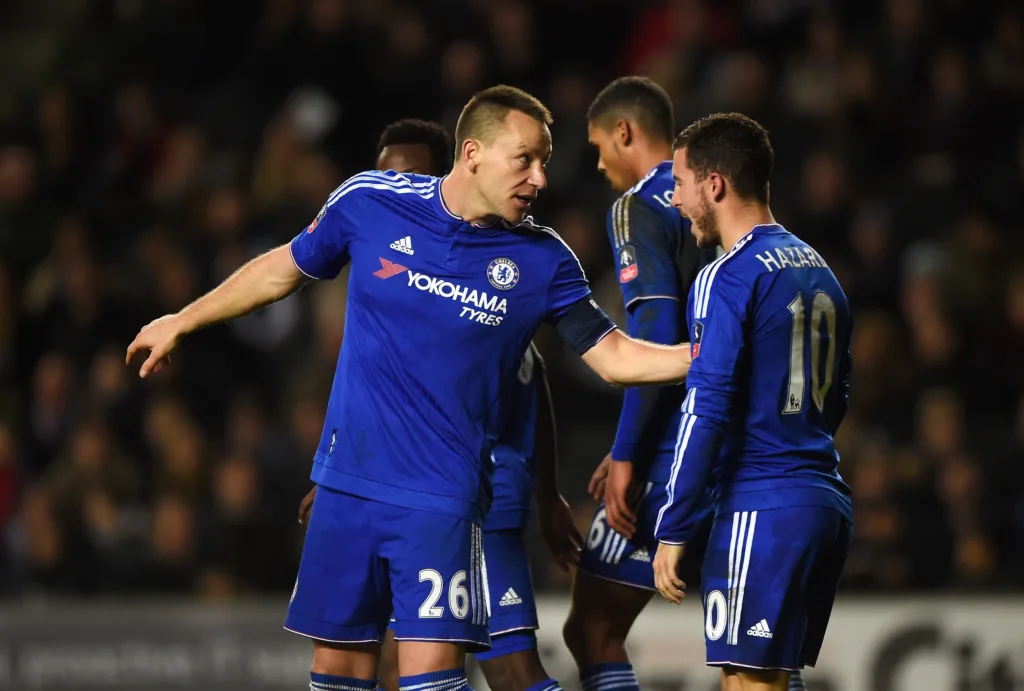
Terry was not a man who just played football. He internalised it, lived it, and bled for it. So, if a figure so wired into football’s very core no longer feels connected to it, what does that say about where the sport is heading?
READ MORE: How to Change Formation in FPL
When the Game No Longer Speaks to You
Modern football is a meticulously calculated product. Systems govern everything— Shape, data, xG models, metronomic passing, and inverted fullbacks. The tactical intelligence on show is unparalleled. Yet for all its intellectual advancement, the game often feels emotionally impoverished.
Terry laments the joyless spectacle of 11 players behind the ball, the defensive rigidity employed by teams, not as a strategy to win, but as a means to merely survive.
‘Like where teams play against Man City and you get 11 men behind the ball, it’s boring. Man City tries to break teams down; it’s really boring.
Perhaps football has grown too big, too fast, too polished, and too perfect. Or maybe, as Terry implies, what is truly missing are the players who dare to break the script—those unafraid to do the irrational, the unpredictable, and the beautifully flawed things that data cannot quite explain. The players who play like fans, driven by instinct, and moved not by models, but by moments.
It is more than nostalgia. It is a grief for unpredictability, for flair.
READ MORE: Chelsea’s No. 9 Congestion: Nicolas Jackson Lost in the Traffic Jam
The Efficiency Dilemma
Modern football has never been more intelligent or more tightly choreographed. The game is no longer governed by instinct or shaped by the unpredictable genius of a single moment.
Coaches now manage space, time, and probability with forensic detail. Every movement has intent, every pass a purpose. It is football reduced to algorithms and architecture—precise, efficient, and optimised.
Whether it is the positional play of Pep Guardiola, the high-intensity counterpressing pioneered by Ralf Rangnick and refined by Ralph Hasenhüttl, or Roberto De Zerbi’s attract-and-release possession model, modern football is deeply systematised, spatially engineered, and increasingly governed by strategy over spontaneity.
But maybe that is the problem. In mastering control, football may have surrendered a piece of its soul.
Managers are appointed for their systems, not just leadership, and players are more conditioned to prioritise structure over expression. Terry is not speaking against tactical intelligence or progress. What he is mourning is the disappearance of personality within these systems.
‘You don’t see many shots; you don’t see many players like Eden Hazard or Joe Cole getting people off their seats.’
Even in one-on-one moments, players hardly take defenders on. They recycle possessions, waiting for the system to create the chance. And when the system fails? Nothing. What Terry finds boring is not a lack of goals; it is the absence of risk, of chaos, of the beautiful unpredictability that once made the game feel alive.
In many games now, the ball is passed sideways and backward more than forward—a symptom of caution trumping instinct.
When Chaos Was a Virtue
The best moments in football have never been clean. They arrive unannounced—improvised, irrational, born of chaos rather than control. You do not find them plotted on a heatmap or isolated in an xG model. They do not conform to systems; they break them. And yet, they are the moments we remember most, not because they made sense, but because they made us feel.
Consider the players Terry namechecks: Hazard and Joe Cole. These were footballers who played with freedom, not just formula. Their decisions sometimes cost possessions, but just as often, they unlocked defences in ways that systems couldn’t predict and data couldn’t replicate. Maybe that is what Terry is reminding us of: that the soul of football lives not in systems, but in the spontaneous. In moments that defy logic, not conform to it.
In the tactical models of modern football, that chaos has largely been designed out. Risk is mitigated. Wingers cut back rather than dribble out of cul-de-sacs, and midfielders circulate rather than penetrate. What we have gained in control, we have lost in feel.
Though a few, like Jude Bellingham, Jamal Musiala, Rayan Cherki, Vinícius Jr., and Jeremy Doku, still carry the touch of unpredictability—players who dare to colour outside the tactical lines without losing the plot, blending instinct with intelligence in a game increasingly ruled by structure.
READ MORE: From Underrated to Undeniable—Why Gibbs-White Could Be Tottenham’s Tactical Catalyst
Data Is the Language, But What About the Story?
The evolution of football has never been incidental—it has been systematic and driven by the relentless search for a competitive edge. From the fluidity of Total Football to the rhythmic control of tiki-taka and the relentless intensity of gegenpressing. The rise of data analytics has not just enhanced decision-making; it has shifted the very purpose of the game from expression to optimisation.
Players are rated for ball progression, and somewhere along the line, the emotional narrative of the game has been outsourced to numbers. Football has become obsessed with control, possession statistics, expected goals, and heat maps.
This works fine for clubs; after all, recruitment is smarter, and teams are better prepared. But the fan? The soul that sits on a couch, craving a spark—what happens to them?
When Terry says, “It’s really boring,” he is articulating something data doesn’t measure: emotion.
The Discontent of Legends
On the surface, it reads like a retired player’s nostalgia. But Terry’s comments hint at something deeper—a growing unease shared by fans and lovers of the round leather game, who are asking with increasing frequency: has football become too rational for its own good?
Thierry Henry, while speaking to The Independent, discussed some of the big changes he has noticed in football in recent years.
“I’ve said it so many times, the game is so controlled by everything, by stats, by coaches. I mean, myself, I’m a coach. I say, ‘don’t do this, don’t do that’. The game is so scripted and schematised at times that you kind of forget to let players play.”
“Take one of the best, Jack Grealish. He won the treble playing a certain way. It wasn’t the same at Villa. Villa’s Grealish was dribbling past people, shooting sometimes. At Man City, he’s well aware that he can’t lose the ball too early or too quickly, because they’re going to be in transition. Pep doesn’t like transitions. He likes to possess the ball and retain it there. “Meanwhile… if you don’t try, you don’t succeed.”
Even Pep Guardiola—the very architect of control—has occasionally admitted: football is emotion.
He couldn’t hide his joy after Jeremy Doku twisted past his marker and clipped in a stoppage-time cross for Matheus Nunes to win it against Aston Villa at the Etihad. He roared, clenched his fists, and paced the touchline like a man momentarily freed from his own system.
“Football is emotion. For the fans, players… we have a lot of pressure for the club to go to the Champions League,” Guardiola admitted.
Then, speaking about the catalyst behind the chaos, he added:
“Jeremy always gives you something for the crowd and he can change the game.
But at the end, for me, Jeremy is the best player in the world in the first five meters. Over the first five meters he’s unstoppable.”
It was a rare concession from Guardiola. No system sings without a soloist. The system needs spark, and structure alone, however perfect, cannot stir the soul. Doku, unpredictable and electric, broke the script. And for once, Pep didn’t try to control it. He celebrated it.
Rio Ferdinand suggested a few years ago that centre backs are no longer as defensively solid. “Defenders have to start attacks now. That is what [the coaches] want you to do.”
This is a collective lament, not just personal nostalgia.
READ MORE: Hugo Ekitike to Liverpool: What You Need to Know
When a Captain Stops Watching
When a figure like Terry, who lifted the Champions League, captained through wars at Stamford Bridge, and lived football more viscerally than most fans ever will, says he no longer finds joy in the sport, it forces introspection.
His love for the game didn’t vanish in one match. It was chipped away—slowly, through a game that became too tidy, too smart, and too neat for its own good.
The question for modern football is not whether it can evolve; it already has. The question is whether it can continue to evolve without losing the irrational spirit that elevated it beyond mere entertainment.
If a captain like Terry, who bled for the badge, led from the back, and lived for the drama, no longer finds joy in the spectacle, we should perhaps ask not what has changed, but what has been left behind.
Rekindling the Spark
Ironically, it is in football’s smallest corners that Terry has rediscovered something close to the old feeling. He is now involved with a six-a-side competition designed to reintroduce chaos: The Baller League.
“Once players cross the halfway line, they must move forward; they cannot go backwards, and the viewing figures have significantly exceeded those of the Championship.”
The rules encourage constant attack rather than containment. This change has rekindled Terry’s passion, and he is once again feeling the energy.
A Call to Emotion
John Terry’s disaffection is not a critique of football’s evolution; it is a cry for balance. It is a call for teams to play with courage, not just caution. If a player like Terry, forged in grit, blood, and last-ditch tackles, a man who built his name putting his head where others dared not put their feet, now feels emotionally distanced from the modern game, then perhaps something essential has truly been lost.
The fact that he now perceives the game as devoid of soul speaks volumes.



